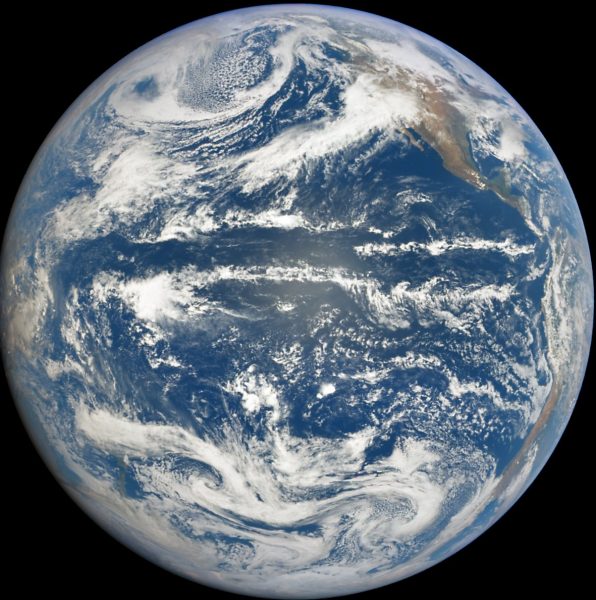About the Lab
Welcome to the tropical climate dynamics research group at Woods Hole Oceanographic Institution (WHOI)! We are interested in atmospheric and oceanic processes in the tropics and their interactions with higher latitudes. We study a variety of topics, including the Inter-Tropical Convergence Zone (ITCZ), marine atmospheric boundary layer clouds, the Madden-Julian Oscillation (MJO), the Hadley circulation, equatorial waves, tropical cyclones, El Niño-Southern Oscillation (ENSO), and tropical-extratropical interactions. One of our primary goals is to improve understanding of observations of these complex phenomena using a hierarchy of models and observations. With this improved understanding, weather and climate prediction can be guided in the right direction.
We are also involved in science education and outreach, particularly at WHOI and in the local Cape Cod community. From bringing hands-on rotating tank climate science experiments to K–12 and college classrooms to mentoring middle- and high-school students and teachers on research projects, we strive to motivate a generation of future scientists.
Recent News
On March 29, Fouzia Fahrin successfully passed her Ph.D. preliminary examination as a part of Iowa State University’s requirements to become a Ph.D. candidate. Congrats, Fouzia!
From December 12–16, Alex Gonzalez, Indrani Ganguly, and Fouzia Fahrin traveled to the 2022 American Geophysical Union (AGU) Meeting in Chicago, IL to present about their research and teaching/outreach activities. Alex had a poster presentation entitled, “Case studies of double and northern hemisphere east Pacific ITCZs: Impacts of boundary layer depth and free troposphere momentum…
On October 17, Alex Gonzalez gave an invited talk at a symposium at UCLA in honor of the late Professor Akio Arakawa: Modeling Convection, Clouds and Climate Systems. Alex’s talk was entitled, “Wind-Evaporation-SST feedbacks and the southeast Pacific Ocean ITCZ.” The recorded presentation can be seen below.

